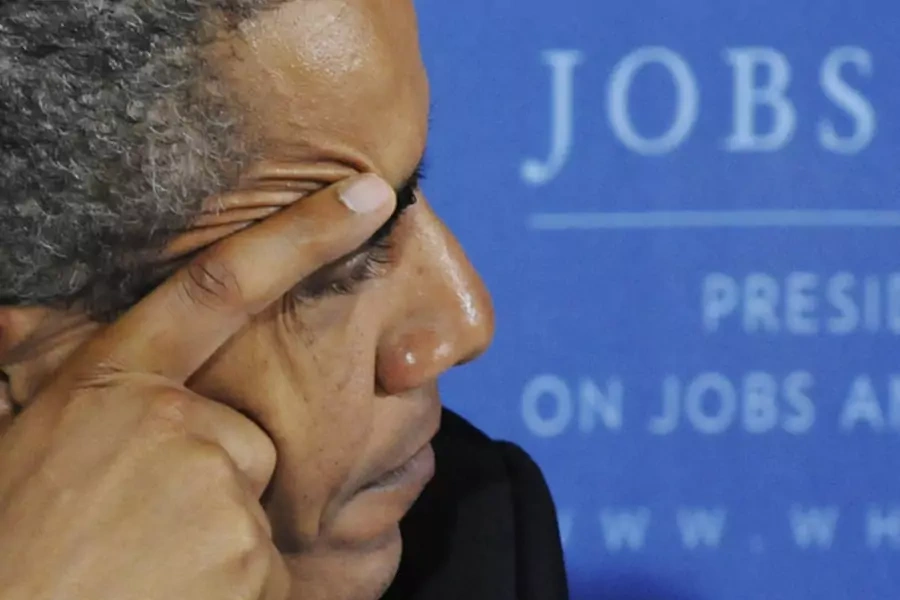A Time for Restructuring

More on:
CFR’s Renewing America initiative is premised on the simple idea that the United States’ ability to influence world events rests on a robust, competitive economy. If economic growth remains anemic and long-term problems continue to go unaddressed, then America’s foreign policy capacity will falter. The United States will gradually lose its still unmatched ability to influence friends and adversaries, to shape international institutions, and ultimately to project its military power to defends vital national interests.
What is the problem that the Renewing America initiative addresses?
The short version is that, like Latin America in the 1980s and much of Asia in the 1990s, the American economy needs significant restructuring. Over the past several decades, the U.S. economy has become far more enmeshed with the rest of the world. In 1970 international trade was just 10 percent of the U.S. economy; today it is more than 25 percent. Some of this was a result of deliberate market-opening policies, but much was driven by improvements in technology and rising wealth around the world.
While these developments have contributed to unprecedented global prosperity and what has been called the great convergence between developing and developed countries, they are also forcing a sobering re-evaluation of America’s strengths and weaknesses. Job creation has stalled over the past decade, wages have been stagnant or falling for most workers, the U.S. share of foreign investment has been declining, and government debt burdens have been growing. Other countries have closed the gap on what were once large U.S. advantages in education, infrastructure, research and development. The United States is simply not as competitive in the new global economy as it must be to expand high-wage employment.
Nor has the U.S. political system shown much capacity for addressing these problems. The economics columnist Bob Samuelson summed it up best recently: “We are shifting,” he wrote, “from ‘giveaway politics’ to ‘takeaway politics,’” and neither of the two political parties is much interested in participating. Half a century of rising social spending and low taxes has produced a coming fiscal train wreck that will require the government to give less to more Americans and take away more – even as public investments must be made to build the foundation for future prosperity.
None of these trends will inevitably continue. Similar warnings about U.S. economic challenges in the 1980s proved short-lived, both because of technological breakthroughs that originated in the United States (especially the personal computer and internet revolutions) and because the challenges facing America’s economic rivals proved even more serious. There is also a great opportunity. As Richard Haass has written, the relative absence of security threats today should allow the United States to refocus on domestic economic priorities and tackle these problems.
But neither can it be assumed that the United States will rise to the challenge. It will take both extraordinary collective and individual effort, and perhaps a bit of luck. Unlike the fast-growing economies in the developing world, advanced economies like the United States and those in Europe cannot mimic their way to greater prosperity. For most developing countries, it is enough to do what the advanced countries have already done, but at lower cost; for the United States, new and better ways must be found to create and deliver desirable goods and services.
CFR’s Renewing America initiative will sponsor research and dialogue aimed at facilitating this economic restructuring. On these pages we will offer original and insightful research and policy prescriptions from some of the nation’s finest scholars and practitioners. We will publish installments of the “Renewing America Scorecard,” which will analyze policy developments is such key areas as infrastructure, education, international trade, and government deficits. The award-winning CFR.org staff will produce daily updates with links to key political and economic developments, and will offer regular backgrounders on the policy issues and debates. And finally, I will be offering my own take on these issues two to three times a week, and will be looking to share fresh insights and ideas from our readers.
More on:
 Online Store
Online Store